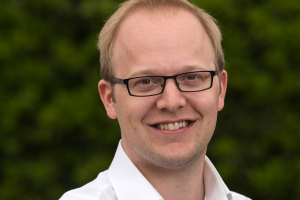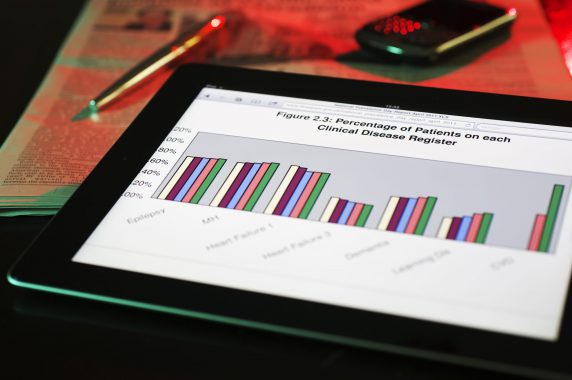
General practice has long been teetering on a cliff edge. A growing and ageing population has created a huge demand for our services, while at the same time we’re struggling with supply because fewer GPs are joining the profession. If we’re to avoid falling off, then change is unavoidable.
There are already several great examples of working at scale, from large federations consisting of 50 or so practices to smaller collaborations of just three or four.
Our own super partnership has gone from strength to strength since it launched – to the point where we will soon be growing our membership. By sharing resources and promoting best practice we have been able to address some fundamental issues that lie at the root of our problems.
Increasing supply
As a larger organisation, super partnerships can create a more attractive offer to GPs. By centralising many operational activities – human resources, payroll, insurance, compliance with new data regulations, clinical protocols, audit programmes, safeguarding and patient communication – we have removed a lot of the stress that comes with being a GP partner and running your own business.
It has also led to significant financial savings of around £90,000, money that can be invested in clinical services for the benefit of our patients.
Working at scale also enables us to access greater levels of NHS funding so that we can take part in projects that an individual practice or smaller collaboration would find difficult. This has included being chosen for an exciting new pilot that explores the use of technology to help GPs who would like to work from home. By utilising artificial intelligence, along with telephone and online video consultations, we will be able to draw on the skills and experience of doctors who can only work a few hours each day and would otherwise be lost to the profession.
In addition, we are now in the process of setting up a separate property company. This would aim to reduce the burden on new partners who are deciding on whether to buy a stake, and support retiring partners who may struggle to sell out.
We also offer a more structured career path for younger GPs who would otherwise have been put off by the risk of partnership, with opportunities to work across several practices in a mix of roles.
Tackling growing demand
The issue of demand is a sticking point. The population is getting larger and it’s living longer – that’s not going to change. All we can do is ensure that the demand on our services is appropriate. Efforts around this are ongoing, but we have started to successfully introduce a wider skills mix to all our practices – including training reception staff as care navigators so they can direct patients to the most appropriate healthcare professional to meet their needs.
In the last year alone, we have recruited four emergency care practitioners, physician associate students, clinical pharmacists, a respiratory specialist nurse and are also using a dedicated physiotherapy direct referral service.
This has offloaded work from GPs to allow them to concentrate on the groups of patients (complex, elderly, end of life) who need their broad skills.
Feedback from patients has been extremely positive and we’re now looking at other services – including a single way to run nurse-led long-term condition clinics and employing a specialist mental health team across the partnership.
Looking ahead
Whether your practice joins a super partnership, a federation or a smaller collaboration will very much depend on individual circumstances. Each one works differently and has its own set of unique challenges.
In Suffolk we have a very supportive and successful federation and this has been to our benefit. We have worked closely with them throughout our first year and we will continue to do so, with many joint projects in the pipeline.
But whatever approach you adopt, ‘buy in’ from all partners is essential. You need to be open and honest and identify your strengths and weaknesses. That in itself represents a huge change in culture.
Coming together as a super partnership forced us to think about things differently and appreciate the wider picture, rather than just our individual circumstances. Only then was change able to happen.
We worked hard to ensure that we had a clear set of core values in place and that we shared one main goal – to protect general practice and deliver high quality healthcare to our patients.
Nick Rayner is executive chairman of Suffolk Primary Care

















